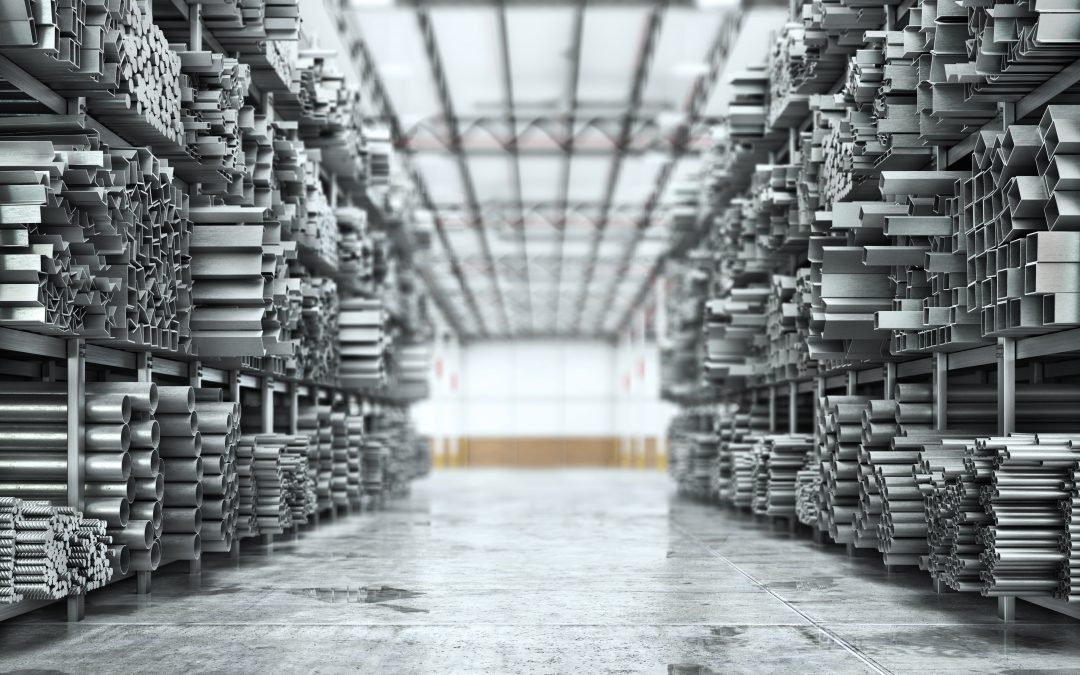In the realm of construction and manufacturing, the choice of materials plays a pivotal role in determining the success, longevity, and efficiency of a project. Among the plethora of materials available, steel stands tall as a timeless favorite for engineers, architects, and builders alike. Despite the emergence of alternative materials, steel’s unmatched properties and versatility continue to make it the superior choice across various industries.
Strength is the cornerstone of steel’s superiority. Unlike many other materials, steel boasts an exceptional strength-to-weight ratio, enabling structures to withstand immense loads without excessive bulk. Whether it’s supporting towering skyscrapers, expansive bridges, or heavy machinery, steel’s inherent strength ensures structural integrity and safety. This characteristic is particularly critical in seismic zones or areas prone to extreme weather conditions, where durability is paramount.
Durability is another hallmark of steel that sets it apart from its counterparts. With inherent resistance to corrosion, rust, pests, and fire, steel structures exhibit exceptional longevity compared to materials like wood or concrete. The ability to withstand the test of time not only minimizes maintenance costs but also reduces the environmental footprint associated with frequent repairs and replacements.
Versatility is a defining attribute that makes steel the material of choice for a diverse array of applications. From sleek architectural designs to heavy-duty industrial machinery, steel’s adaptability knows no bounds. Its malleability allows for intricate shaping and customization, catering to the unique specifications of each project. Additionally, advancements in steel fabrication techniques have expanded its potential even further, enabling the creation of complex structures with unparalleled precision and efficiency.
Eco-friendliness is increasingly becoming a priority in modern construction practices, and steel surpasses many materials in this regard. As one of the most recycled materials globally, steel boasts an impressive recycling rate that conserves resources, reduces energy consumption, and minimizes waste. Furthermore, the recyclability of steel does not compromise its quality or performance, making it a sustainable choice for environmentally conscious projects.
Cost-effectiveness is a crucial consideration for any construction or manufacturing endeavor, and steel offers compelling economic advantages. While the initial upfront cost of steel may be higher than some alternatives, its long-term benefits far outweigh the investment. Reduced maintenance expenses, accelerated construction timelines, and lower insurance premiums contribute to significant cost savings over the lifespan of a steel structure.
Innovation continues to drive the evolution of steel, ensuring its relevance and dominance in the modern landscape. Advanced alloys and manufacturing processes have pushed the boundaries of what steel can achieve, unlocking new possibilities in design, efficiency, and sustainability. From high-strength steels that enable lighter and more resilient structures to corrosion-resistant coatings that enhance longevity, ongoing research and development ensure that steel remains at the forefront of materials innovation.
In conclusion, the enduring appeal of steel stems from its unparalleled combination of strength, durability, versatility, eco-friendliness, cost-effectiveness, and innovation. While other materials may offer certain advantages in specific scenarios, none can match the comprehensive benefits that steel provides across a diverse range of applications. As the demands of modern construction and manufacturing continue to evolve, steel stands as a steadfast foundation upon which to build the future.


Recent Comments